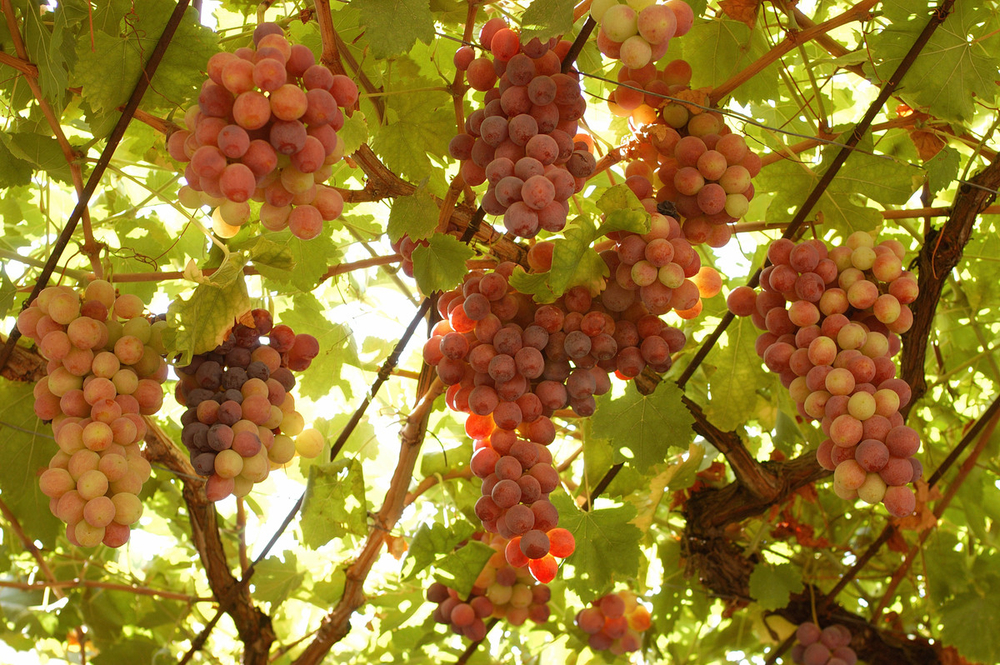Partnership with Denner 2018
Denner is aware of its environmental responsibility and has incorporated the careful handling of natural resources into its corporate principles. In the context of the partnership, Denner has set ambitious targets for making a significant contribution to sustainable development in environmental issues and with regards to consumption.
Denner has also been a member of the Swiss Soy Network since 2017 and is committed to ensuring that soy production does not harm tropical forests or other regions of environmental value.
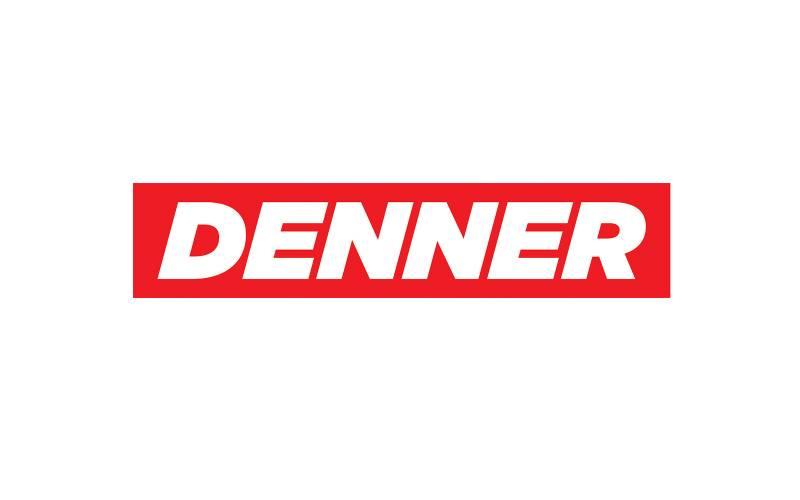

Climate and energy
Denner is the first specialist retailer in Switzerland to sign the Science Based Targets Initiative (SBTI). With its commitment to the SBTI, Denner is committed to setting ambitious 2020 targets on the road to reducing CO2 by 2035.
Air-freighted fruit and vegetables
Denner has set itself the target of having no fruit and vegetables air-freighted by 2020. Measured is the proportion of items imported as air freight. The scope of application comprises the Denner fruit and vegetable assortment.
In 2018, 2 products were air-freighted (blueberries and green asparagus).
Blueberries and green asparagus are still air-freighted. The scope of application was adjusted after the first reporting (2018), because only fruit and vegetables were reported. An agreement has been reached with Denner, who will measure and report on the emissions of the entire air-freighted assortment in future. On the basis of the commitment made to the Science Based Targets Initiative, Denner will evaluate this topic within the overall context of Scope 3-emission goal-setting.

Wood and paper
Proportion of credibly certified paper products (own labels)
Denner has set the target of having 100% of the paper products under its private labels produced from recycled or FSC materials. Measured is the proportion of turnover of the own label range. FSC and Recycling are credible certifications. The scope of application comprises all Denner private-label products including wipes, diapers, tissue paper, office supplies, and printed matter.
In 2018, 93% of the paper products under Denner's private labels were certified with credible standards.
Proportion of credibly certified paper products (third-party brands)
Denner has set itself the target of maintaining the proportion of credibly certified paper products from third-party brands at 25% by 2020. FSC and Recycling are credible certifications. Measured is the proportion of procured products as a percentage of third-party brands. The scope of application comprises all third-party brand products including wipes, diapers, tissue paper, office supplies, and printed matter. No recognition of other certificates (e.g. PEFC on the products).
In 2018, 27% of the paper products from third-party brands were certified with credible standards.
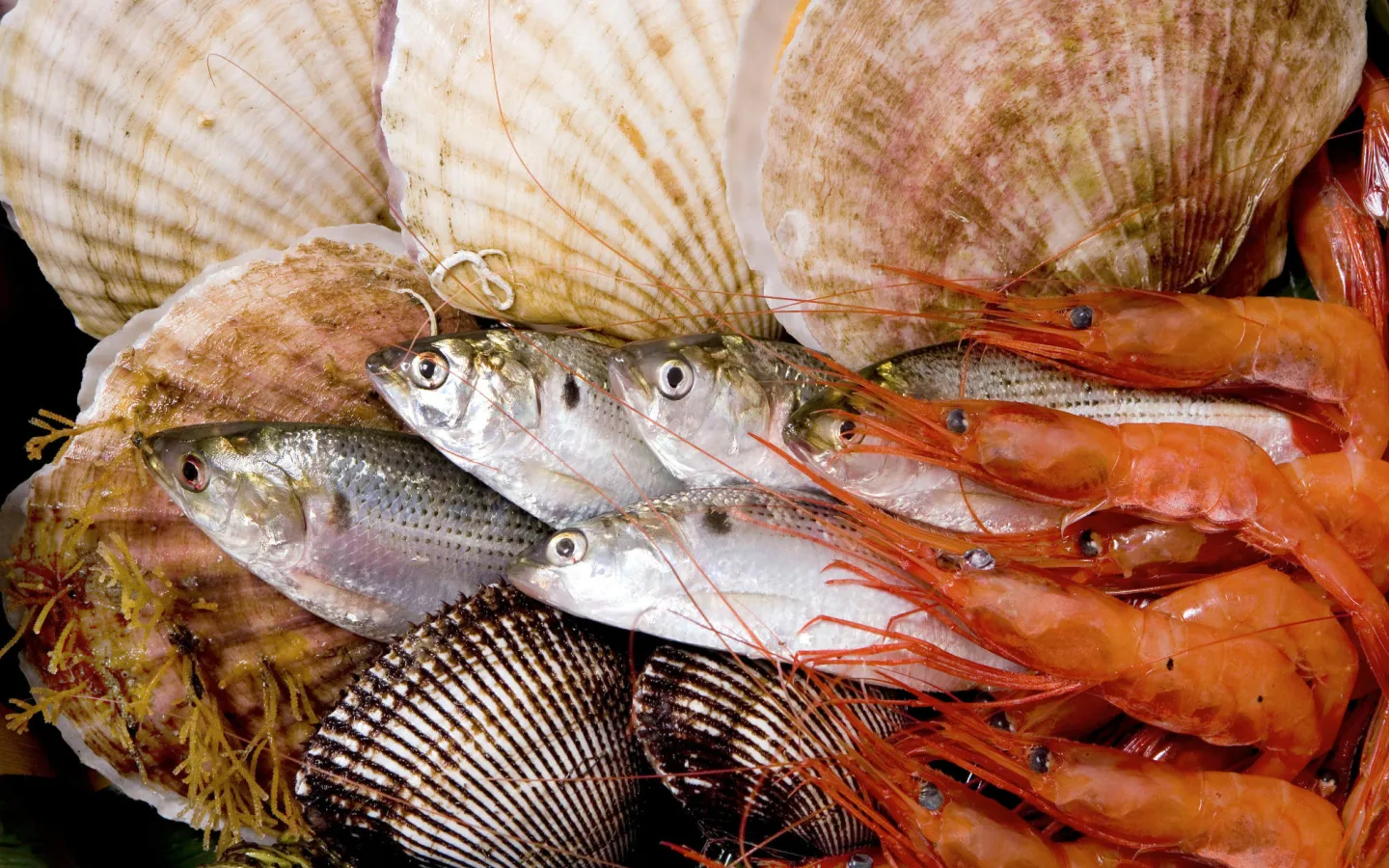
Fish and seafood
As WWF partner, Denner has committed to refrain from offering species threatened with extinction, to gradually discontinue fish from unsustainable origins, and to continuously expand the proportion of recommended labels.
The proportion of sustainable sources of the total seafood assortment
Denner has set the target of sourcing 100% of the total seafood assortment from sustainable sources (very recommended, recommended, or acceptable according to WWF) by 2020. It is measured as the percentage of turnover of the total seafood assortment. All articles with a mass component of seafood >1% fall under the scope of application (private-label and third-party brands).
In 2018, 100% of the overall seafood assortment came from sustainable sources (very recommended, recommended, or acceptable according to WWF).
Increase of the proportion of turnover of fish/seafood with Bio, ASC, MSC certificate
Denner has set the target of increasing the proportion of turnover achieved with fish/seafood with a Bio, ASC, or MSC certificate to 62% by 2020. It is measured as a percentage of the total seafood assortment turnover. All articles with a mass component of seafood >1% fall under the scope of application (private label and third-party brands).
In 2018, the proportion of Bio, ASC, or MSC-certified fish/seafood was 67%.
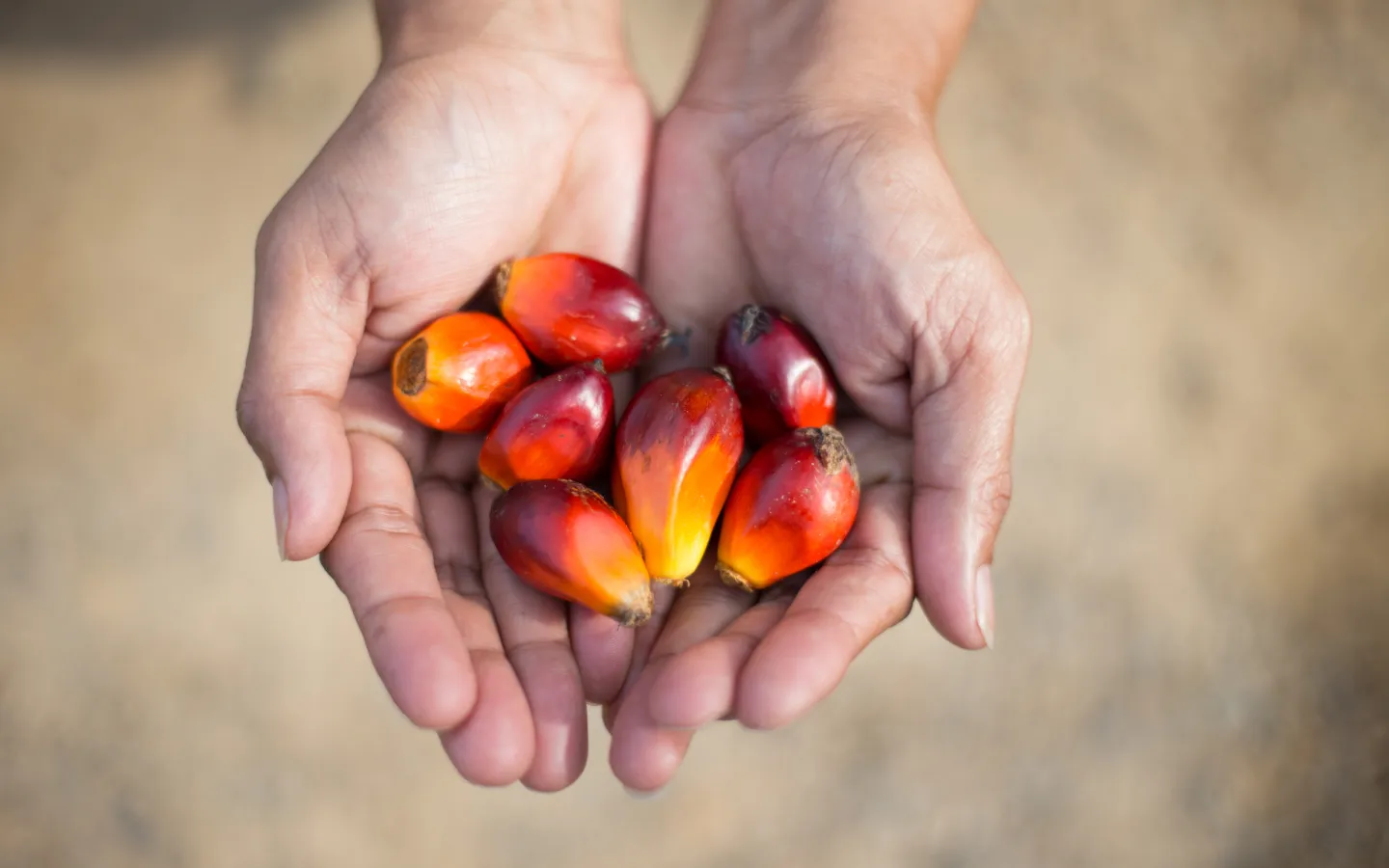
Palm oil
Denner is planning to only use RSPO-certified palm oil of the Segregated class in its entire food range by 2022.
Certified palm oil component in near-food and non-food private-label brands
Denner has set the target of using only Mass Balance RSPO Palm Oil in its private-label production of near- and non-food products by 2020. The accepted standards are RSPO IP, RSPO Segregated, RSPO Mass Balance, Bio Suisse. Measured: The mass component of certified palm oil as a percentage of the total palm oil used in the production of private-label near-food and non-food products. The scope of application comprises Denner private-label brands with a mass component >2%.
Denner has used 100% certified palm oil in the production of its own private-label near-food and non-food products in 2018.
Comment: As a result of delays in the introduction of an automated data management system, Denner has been reporting on this target in terms of product quantities. Originally, it was agreed that the target would be reported on the basis of mass. However, as this concerns a very limited number of items in the non-food range that actually fall under the scope of application, Denner already managed to convert all relevant items at an early stage.
For third-party brands, a letter was sent to suppliers/manufacturers urging them to convert to 100% physical RSPO palm oil.
Mass balance for the remaining palm oil required for private-label food products
Denner has set the target of reducing the proportion of Mass Balance RSPO Palm Oil relative to the total consumption required for the production of private-label products to 0% by 2020. Measured is the mass component of Mass Balance RSPO palm oil as a percentage of total palm oil used in the production of private-label near-food and non-food products. The scope of application comprises Denner private-label brands with a mass component >2%.
In 2018, the proportion of Mass Balance RSPO palm oil amounted to 0%.
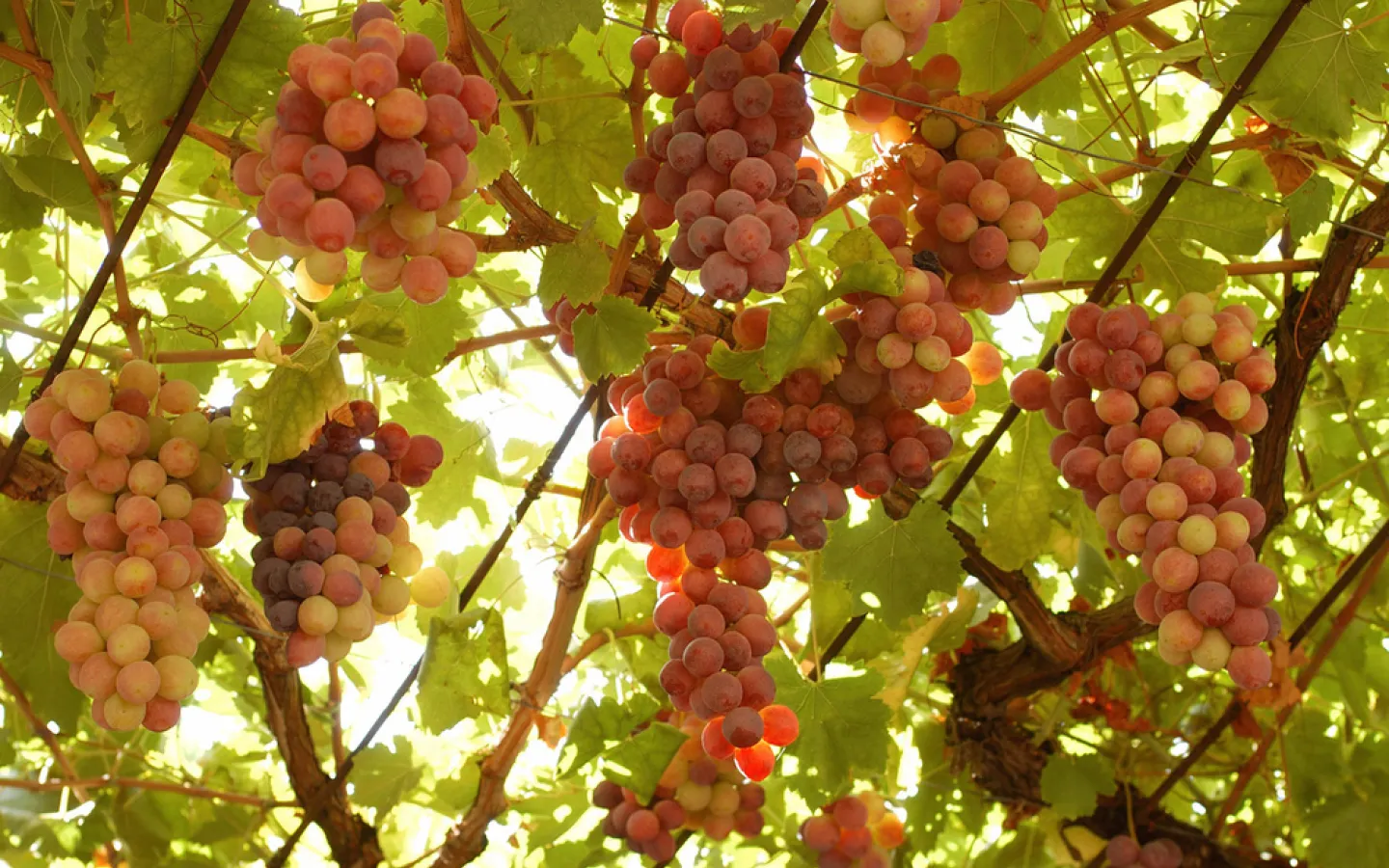
OTHER RAW MATERIALS
Together, Denner and WWF promote environmentally optimised viniculture in Switzerland. As part of the collaboration, Denner has set the target of sourcing at least 25% of Swiss wine from environmentally friendly viniculture by 2033.
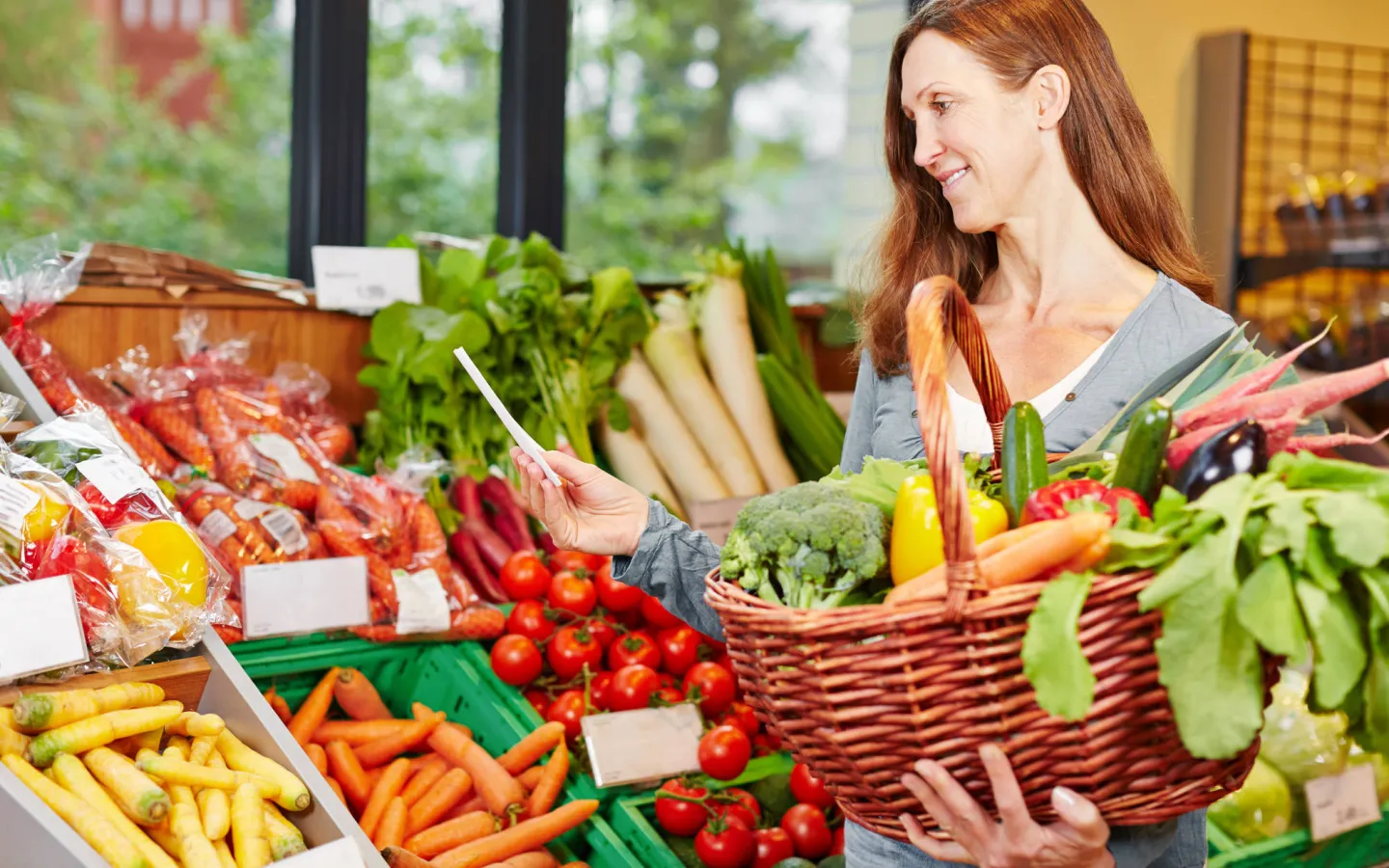
Sustainable consumption
Denner will continue to expand the offer of replacement products to accommodate customers who make a conscious choice to forego meat and milk products. In addition, Denner seeks to continuously increase the proportion of label products in their fresh range.
Increasing the number of milk & meat replacement products
Denner has set itself the target of increasing the number of milk & meat replacement products to 4. Measured are the number of products. The scope of application is Denner.
In 2018, Denner had 11 milk & meat replacement products in its range.
